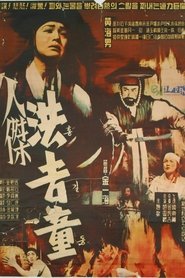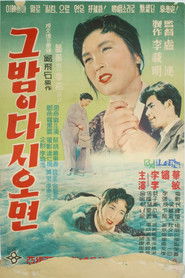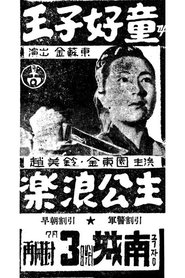detail profile byeon gi jong
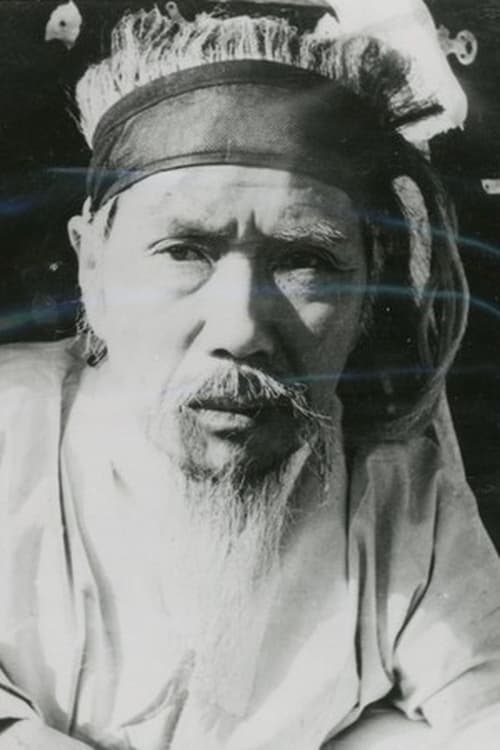
Byeon Gi-jong
변기종
atau dikenal sebagai
Riwayat Hidup
Born Byun Chang Gyu on the 29th July 1895, in Seoul, Korea.
He began to use the stage name Byun Ki Jong when he began theatre in 1912.
In 1913 he met with Yi Gi Se who was a pioneer in the theatrical movement.
In 1919, he joined the Chosun Literary Association of Yi Sensei, and starred in the serial play "Jigi".
At this time, he was a young man in his mid-twenties, but he worked as a labourer and became a professional actor.
He also performed in theatre performances, radio plays, and theatre companies.
During the time of the US Military Government, he became chairman of the theatre of the Korea Theatre Association.
However, as the US military 's left - wing oppression intensified, the left - wing connections of the theatre system became more and more common, and the free theatre stopped performing.
In the Republic of Korea, the actor actively participated in the theatre scene.
He made his on screen debut in "A Hometown in Heart" in 1949.
In 1956, he was selected as a member of the Korean Academy of Arts.
He was a veteran of the theatre industry, holding roles including deputy director of the Korean theatre arts department, advisor to the Korea Theatre Association, and director of the National Theatre Company.
In 1973, he received the National Medal Mugunghwa.
Info Pribadi
Peran Yang Di Mainkan Byeon Gi-jong
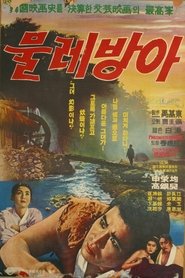 There is a poor farmer couple...
There is a poor farmer couple...A Water Mill 1966
There is a poor farmer couple. The landowner, an old man, covetous of the tenant's wife, tries to seduce her and sometimes threatens her. The wife spends every night with the old man at the water mill. Her husband, hearing the news, runs to the water mill and witnesses them together. He picks up the sickle that was placed near and kills his wife. The landowner escapes and the farmer gets arrested by a Japanese policeman.
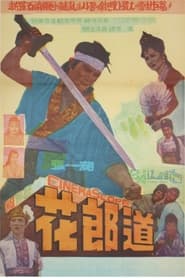 His parents captured by the Baekje...
His parents captured by the Baekje...The Way of Hwarang 1962
His parents captured by the Baekje armies, prince Eo-jin infiltrates the enemy castle alone to seek revenge. His plot is ruined when he falls in love with a princess there and is forced to choose between betraying his parents and nation or the woman he loves.
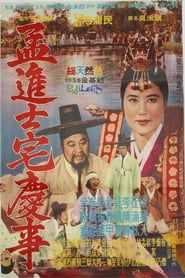 Jinsa Maengs daughter is contracted to...
Jinsa Maengs daughter is contracted to...A Happy Day of Jinsa Maeng 1962
Jinsa Maeng's daughter is contracted to marry a nobleman's son, however, Jinsa Maeng is upset when he hears about a rumor that the fiance of his daughter is lame. Finally, he decides to take on the idea of arranging his maid to take his daughter's place in the wedding.
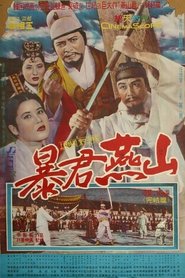 Prince Yeonsangun turns into a tyrant...
Prince Yeonsangun turns into a tyrant...Tyrant Yeonsan 1962
Prince Yeonsan-gun turns into a tyrant out of grief for his mother's death. He orders beheadings of all the officials who displease him or who advised the previous king to depose the queen. He becomes crueler by the day. But in 10th year of his reign, he is kicked out of the throne and dies a tragic death.
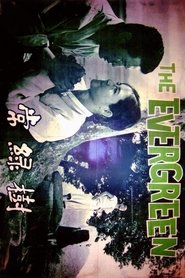 Yeongshin and Donghyuk graduate from college...
Yeongshin and Donghyuk graduate from college...The Evergreen 1961
Yeong-shin and Dong-hyuk graduate from college with a cause. They plan to bring education and modernization to farmers living in the rural area of their hometown. When they arrive, the pair immediately get to work, Dong-hyuk builds a village hall and starts aiding the farmers while Yeong-shin tries to gather the children to form a school. However, the villagers at first resent and resist the pair. It is not until one child, Ok-bun, takes the initiative and and learns to read under Yeong-shin’s care that the villages trust the pair and allow their children to be taken from the fields and taught reading, writing and math.
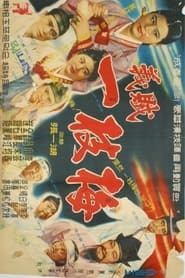 Iljimaes parents were killed due to...
Iljimaes parents were killed due to...Iljimae the Chivalrous Robber 1961
Iljimae's parents were killed due to a conspiracy when he was young. Many years later he became a chivalrous robber, robbing corrupt officials and helping the poor. He eventually manages in taking revenge for his parents' deaths. But the police start to chase him, and he hides himself at a gisaeng's house. The gisaeng was his ex-fiancee. She also lost her parents to a conspiracy. She begs Iljimae to stay with her, but he leaves to do what he has to.
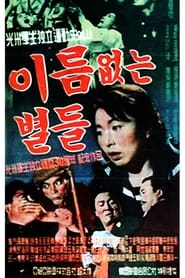 The son of a freedom fighter...
The son of a freedom fighter...Nameless Stars 1959
The son of a freedom fighter, Sang-hun is a member of an anti-Japanese resistance group called "Seongjinhoe," composed of students who share a dedication to the cause of liberation. Their spiritual guide is a teacher named Song Un-in. One day, Yeong-ae, whose brother is a detective in the Japanese police force charged with monitoring independence movements, joins their group. Following a series of sporadic incidents, the students gather one night to resolve on an uprising, but are discovered by the police. Young-ae is wrongfully accused of betraying their plans, but she risks her life in order to allow the group members to escape. The morning after, the students of Gwangju rise up against the Japanese government.
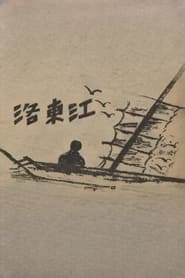 After graduating from university Ilryeong goes...
After graduating from university Ilryeong goes...Nakdong River 1952
After graduating from university, Il-ryeong goes back to his hometown, a small village beside the Nakdong River. Ok-nam is his lover and a teacher in his hometown. He cooperates with her in order to enlighten the people and to improve the village. Nakdong River is, along with The Street of Sun (1952) and A Bouquet of Thirty Million People (1951), one of the important films made during the Korean War that the Korean Film Archive has rediscovered and made available to the public.
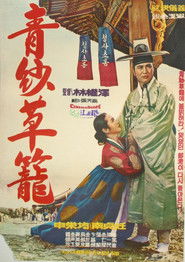
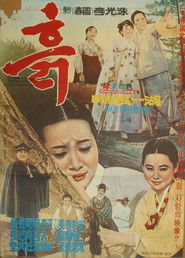
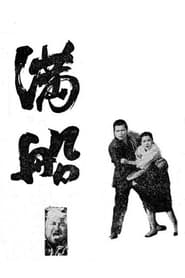 A film picturing the lives and...
A film picturing the lives and...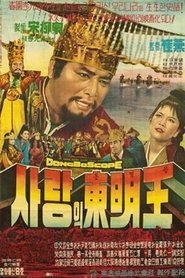
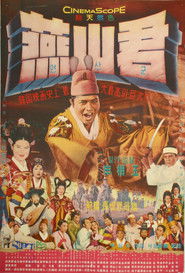 A historical drama about Prince Yeonsan...
A historical drama about Prince Yeonsan...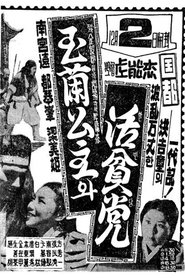
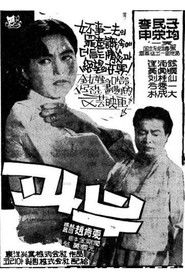
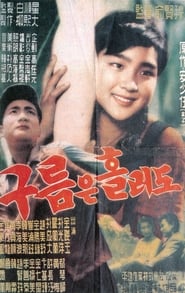 A 10year old girl in a...
A 10year old girl in a...